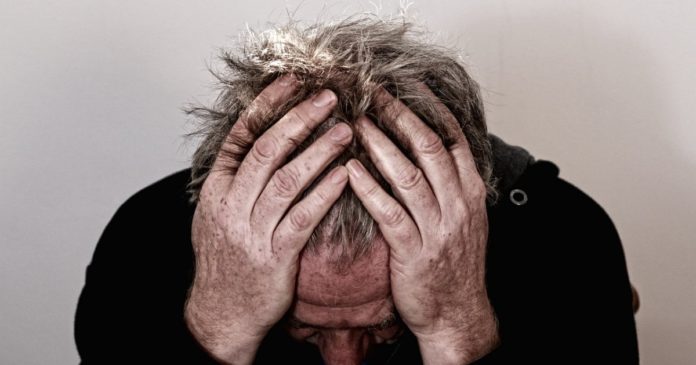A newly-released Australian study indicates a growing proportion of medicinal cannabis (MC) prescriptions for the treatment of psychiatric disorders.
The study led by the Lambert Initiative for Cannabinoid Therapeutics at the University of Sydney is based on data spanning November 1, 2016, to September 30, 2022, obtained from the Therapeutic Goods Administration (TGA). The study reveals prescribing practices under the Special Access Scheme B (SAS-B), which is the channel most used to legally access medical cannabis in Australia.
The dataset included a wealth of information on patient demographics, prescriber location, MC product type (oil, flower, or capsule), and the general cannabinoid content of these products.
During the period covered, approximately 300,000 SAS-B approvals for medical cannabis prescriptions were issued, including those for 38 different psychiatric conditions as defined by the Diagnostic and Statistical Manual of Mental Disorders (DSM-5-TR).
Interestingly, these approvals account for almost 34% of the total number of prescriptions.
Anxiety disorders led, accounting for approximately 67% of psychiatry-related prescriptions. This was followed by sleep-wake disorders, trauma- and stressor-related disorders, and neurodevelopmental disorders. Among the types of products, medical cannabis oils were most frequently prescribed (53.0%), followed by flower (31.2%) and other inhaled products (12.4%).
CBD-dominant products, which comprised around 20% of total prescribing, were particularly prevalent in the treatment of autism spectrum disorder. Of note, a significant uptick in the prescribing of medical cannabis for attention deficit hyperactivity disorder (ADHD) was observed, despite the lack of definitive clinical evidence supporting MC’s efficacy in treating such conditions.
A concerning discovery was the prevalence of tetrahydrocannabinol (THC)-containing products, given the potential psychiatric complications associated with this substance.
The researchers say the study highlights the urgent need for evidence-based clinical guidelines around MC use in psychiatry. The seemingly “experimental” prescribing practices for conditions like ADHD and depression, with scant clinical backing for MC efficacy, reinforces this need.
“Despite prescribing for a variety of different psychiatric indications, there is limited published high-quality evidence of efficacy to support this prescribing,” said study lead Dr Elizabeth Cairns. “The key here is not that the evidence shows cannabis products don’t work, more that high-quality studies supporting current prescribing just haven’t been done.”


